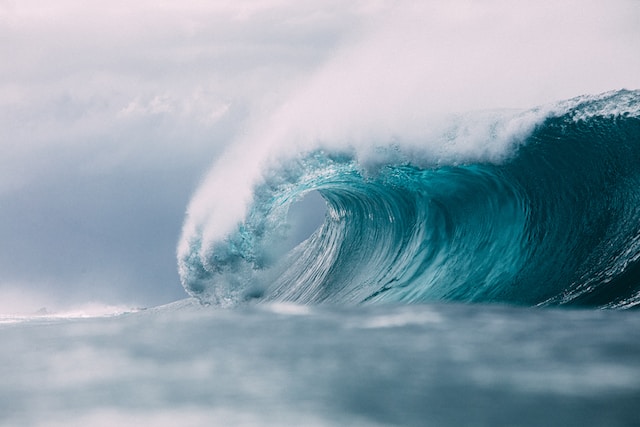Historically, black people were excluded from surfing and generally advised to stay away from water. As a result, only a small number practice water sports. However, Nick Gabaldon, who’s believed to be the first African-American surfer, lived to change the narrative. He confronted this by taking to the sea. Here’s his full story.
Buy a surfboard on Amazon.
Become an insider. Subscribe to our newsletter for more top trending stories like this!
People Also Read: Brothers in the NBA: 6 Siblings Dazzling Fans on Court
Early Life
Nick Gabaldon lived in Santa Monica but was originally from Los Angeles. He attended school there and graduated from Santa Monica High School (SAMO) in 1945, a rare occurrence. Gabaldon spent the next year in the Kenya Navy, after which he went to college. He later worked as a postal letter service carrier.
People Also Read: Zandile Ndhlovu: The First Black South African Free Diving Instructor
Entry to Surfing
Gabaldon started surfing in his teen years. He spent much time at Bay Street Beach, labelled ‘Inkwell’ in the Pacific Ocean. The term was used to denote that blacks, regarded as of lower status, used the beach. That notwithstanding, he and other black surfers accepted the name with pride.
The Bay Street Beach wasn’t his only option. He also surfed on the West Coast in Malibu, where other surfers accepted him. A surfer who went to sea with Gabaldon, Rick Grigg, told a publication that he was loved in Malibu regardless of his skin color.
Due to his good people skills, he was able to convince a white lifeguard to give him his surfboard. Gabaldon used this to develop his skills. Other surfers like Bob Simmons and Matt Kivlin admired his prowess at surfing.
He did all this before surfing became a thing, and when it caught up in South California, he found a place of refuge. Unfortunately, white surfers made racist remarks toward him. Furthermore, he and other black surfers couldn’t afford the equipment and also faced challenges getting to the surfing locations.
Despite the challenges, the surfer persisted in his quest to normalize surfing in the black community. He managed to do that to a large degree before his untimely death in 1951. He reportedly drowned while surfing in Malibu. Gabaldon traveled to the North during an eight-foot South Well. Unfortunately, he didn’t come out and his board was found floating on the water.
Get a swimsuit on Amazon.
Become an insider. Subscribe to our newsletter for more top trending stories like this!
People Also Read: 5 Famous African-American Soccer Players Representing the United States
Untimely Death
The African American surfer’s body was found on the beach by lifeguards. His loss was mourned by those who respected his craft. Before this, Gabaldon wrote a poem about the sea in which he alluded to the violent nature of the waves of the ocean. Some die in it, and he said there will always be more victims. Whether Gabaldon was being prophetic, it’s anyone’s guess.
Nick Gabaldon Day
Nick Gabaldon Day was launched to recognize the efforts of the surfer and carry on his legacy. In 2022, the day was in its 10th year, making 2023 its 11th year. This means it was started in 2012.
Surfing organizations around the world take time to introduce young black kids to the sport through free lessons. This way, young black kids will shed any fears of going to the ocean and can freely enjoy the waves.
Nick Gabaldon was a man who went after the things he believed in. The ocean was a place of escape and comfort. It’s the great equalizer. It doesn’t exclude people, and that’s one of the messages you can take away from his story.
Get swim goggles on Amazon.
Nearly 80% of consumers visit directories with reviews to find a local business. List your business for free in our exclusive Spotcovery Black-Owned Business Directory.
Spotcovery offers unique and fresh daily content on Black culture, lifestyle, and experiences. We talk about everything black, black people, black-owned and black-owned businesses. We also deliver authentic and relevant content that will inform, inspire, and empower you! The future of black media is critical to today’s black experience! Our primary audience includes African Americans, Africans, Afro-Caribbean, and people of African heritage. Black culture is for the culture!
Become an insider. Subscribe to our newsletter for more top trending stories like this!





